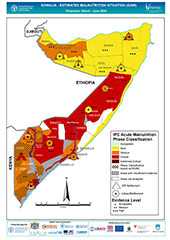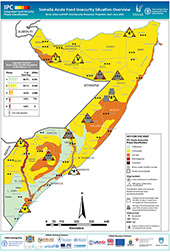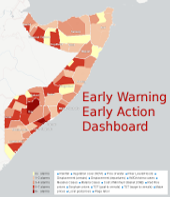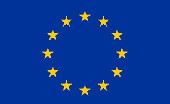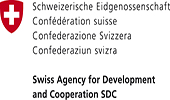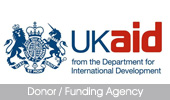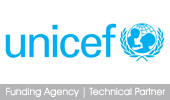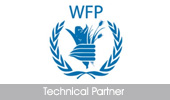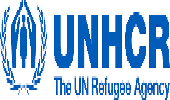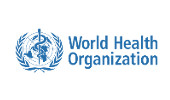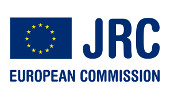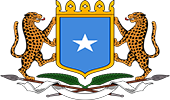Half of Somali Women and Young Children Suffer from Anaemia
Issued: May 5, 2010
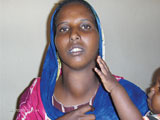 A recent national study has shown that Somali women and children are suffering from shocking levels of anaemia and Vitamin A deficiencies. 50% of all women, 30% of all school aged children and 60% of children under five were classified as anaemic from the study. The results also show that one third of all children and half of adult women have Vitamin A deficiency.
A recent national study has shown that Somali women and children are suffering from shocking levels of anaemia and Vitamin A deficiencies. 50% of all women, 30% of all school aged children and 60% of children under five were classified as anaemic from the study. The results also show that one third of all children and half of adult women have Vitamin A deficiency.
“Anaemia in Somalia is caused by a range of factors including frequent exposure to diseases which are often untreated, and the consumption of predominantly cereal based diets, which are missing key vitamins and minerals. Although children may seem healthy as they are not very thin, these underlying deficiencies mean these children are still malnourished. The required nutrient rich foods, such as meat, eggs, fish, vegetables and fruits foods are often too expensive for poor households to buy and the problem is further exacerbated by inadequate health care and sanitation, disease and a lack of appropriate infant and young child feedingâ€, said Grainne Moloney, Chief Technical Adviser of the FSNAU, adding that the levels of anaemia in Somalia are amongst the highest in Africaâ€.
Anaemia in children can delay both physical and intellectual growth; lead to increased risk of infectious disease and an increased risk of death. In women, anaemia can lead to poor foetal development and birth complications during pregnancy, as well as an increased risk of infectious disease and death
Anaemia can be easily treated with a combined package of good nutrition and good health including: consumption of foods high in iron such as red meat, taking iron supplements, de worming and reducing intake of foods such as tea, which can inhibit absorption of iron.
Vitamin A deficiency is well known to cause night blindness, but more importantly, can increase the risk of mortality from childhood diseases such as measles. However research has shown that where a population is at risk of Vitamin A deficiency, such as Somalia, supplementation reduces mortality in children 6 month to 5 years of age by up to 23%.
Unexpectedly, the report also shows that levels of iodine deficiency were not of concern, in fact high levels were reported across both school aged and adult women populations.
The study was conducted in Somalia between March and August 2009 led by the FSNAU/FAO, using funding from the Swedish International Development Agency in collaboration with the University College London’s – Centre for International Child Health, with support from UNICEF, WFP and WHO. This was the first study of its kind to be conducted in Somalia and its implementation is an important step in understanding the scope of nutritional deficiencies and providing an evidence base for planning future interventions.
The presentation of the findings is available now on this website and the detailed report will also be available from May 7th 2010.
For additional information please contact info@fsnau.org.
To download the study, click here (pdf, 325KB).
